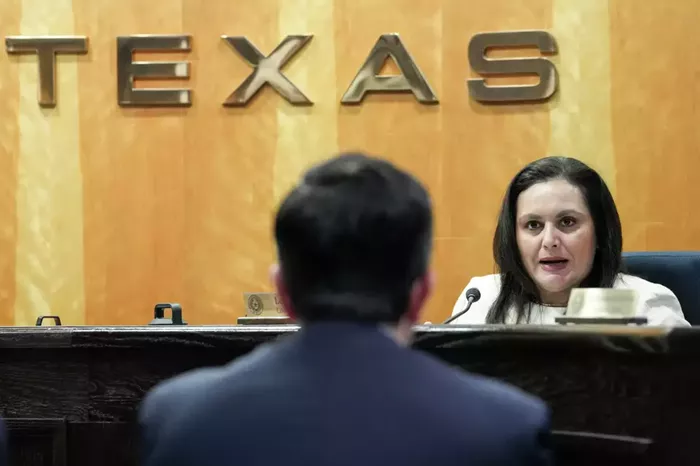CenterPoint Energy Faces Backlash Over Expensive, Unused Generators
CenterPoint Energy is under intense scrutiny after revelations that it cannot terminate a costly lease for underutilized generators, which have already cost the utility $800 million. The issue has shocked regulators, who are now reassessing their previous approval of the deal.
At a recent Public Utility Commission of Texas (PUC) meeting, Jason Ryan, CenterPoint’s Executive Vice President of Regulatory Services and Government Affairs, stated that the company is bound by its lease agreement with Life Cycle Power until 2029. The lease includes a clause allowing termination only if the vendor fails to meet its contractual obligations. The option to end the contract based on regulatory prudence expired at the end of 2023.
PUC Commissioner Lori Cobos expressed frustration, noting, “You entered into a contract you can’t terminate unless there’s vendor non-performance. And of course, these large units seem like they largely haven’t been run, may not ever be run, so we don’t even know they’ll not perform.” She criticized the situation as a “circular place” where it appears CenterPoint’s options are severely limited.
Ryan acknowledged that while CenterPoint is open to negotiating with Life Cycle Power for alternative generators, the company might also seek to extend the period over which it recovers costs through rate increases. Additionally, CenterPoint plans to recover costs related to power restoration from recent weather events, including the May derecho and July’s Hurricane Beryl.
Legally, CenterPoint is permitted to lease generators to mitigate power outage risks, but Ryan indicated the company is willing to discuss whether this approach remains suitable.
Legislative Backlash: Texas Officials Reevaluate Generator Deal
CenterPoint’s leasing of 15 large 32-megawatt generators and five smaller 5-megawatt units in 2021 has come under fire. Despite assurances that these generators would aid in power restoration during hurricanes, they have yet to be deployed. This discrepancy has led to criticism from both lawmakers and regulators who previously approved the deal.
The PUC recently requested and reviewed the generator contracts, revealing monthly lease costs ranging from $120,000 to $900,000. CenterPoint prepaid these costs to secure reduced rates. Jason Wells, who became CenterPoint’s CEO in 2024, was the CFO who signed most of these leases.
CenterPoint has not disclosed the total cost of 13 additional smaller generators used for power restoration after extreme weather, despite PUC requests. The cost of deploying these generators post-Hurricane Beryl was nearly $336,000, with ongoing expenses including lease, fuel, and labor costs.
Generator Utilization and Public Criticism
Since Hurricane Beryl, CenterPoint has emphasized that the large generators are intended for use during rare “load shed” events directed by the Electric Reliability Council of Texas (ERCOT) when power demand exceeds supply. Commissioner Cobos criticized this focus, arguing that CenterPoint had initially justified the generators for hurricane scenarios, which seemed inconsistent given the severe impact of recent storms.
Consumer advocacy groups and municipalities protested when CenterPoint sought to pass $200 million of its generator lease costs onto customers in 2022. The matter was contested at the State Office of Administrative Hearings, where findings indicated that the large generators were never used and were inadequate for powering critical facilities like hospitals during severe weather.
Administrative judges found that CenterPoint’s bid process for short-term generator contracts was flawed, citing pre-bid correspondence between Wells and Life Cycle Power. Consequently, they ruled in early 2023 that CenterPoint should not recover these costs from customers.
State Senators Phil King and Carol Alvarado had urged the PUC to approve the deal, which was passed by a 4-1 vote. The decision has led to an increase of $2.39 on the average residential customer’s monthly electric bill, with further costs potentially passed on through future rate hikes.
As the controversy unfolds, CenterPoint continues to navigate its lease obligations and regulatory pressures, raising questions about the future of its generator investment strategy.
Related topics:
- How Much Is a Whole House Propane Generator
- How Much Diesel Fuel Is Required to Charge A Diesel Generator?
- What Are Tidal Energy and Wave Generators?

